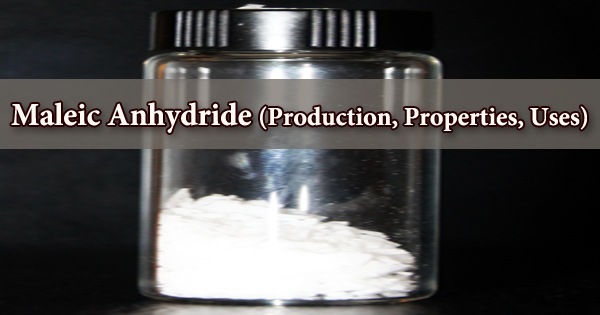Sunflower Oil
Definition: Sunflower oil is a non-volatile oil that can be easily extracted from sunflowers. It is light in taste and appearance and supplies more Vitamin E than any other vegetable oil. It is a combination of monounsaturated and polyunsaturated fats with low saturated fat levels. Sunflower oil is commonly used in food as frying oil, and in cosmetic formulations as an emollient. The world’s total production of sunflower oil in 2014 was nearly 16 million tonnes, with Ukraine and Russia as the largest producers.
In general, this oil has:
- Light yellow, almost clear color
- Very little flavor profile and a mile aroma
- High smoke point and good heat tolerance
- High oleic versions are stable with long fry and shelf life
There are three types of sunflower oil available; NuSun, linoleic and high oleic sunflower oil. All are developed with standard breeding techniques. They differ in oleic levels and each one offers unique properties.
Nutrition Composition of Sunflower oil: Sunflower oil is mainly a triglyceride; a typical constituent is shown. The British Pharmacopoeia lists the following profile:
- Palmitic acid (saturated): 5%
- Stearic acid (saturated): 6%
- Oleic acid (monounsaturated omega-9): 30%
- Linoleic acid (polyunsaturated omega-6): 59%
Several types of sunflower oils are produced, such as high linoleic, high oleic and mid oleic. Mid-oleic sunflower oil typically has at least 69% oleic acid.
Furthermore, some of those fatty acids, as well as vitamin E (tocopherols) and other organic compounds, act as antioxidants in sunflower oil, which means that they can positively affect a huge range of conditions that people regularly suffer from. It also has more polyunsaturated fats than any other commonly used vegetable oil, and with the recent craze of eating healthy and searching for alternative options, sunflower oil is becoming quite desirable on the international market. This oil is also rich in proteins, copper, iron, zinc, calcium, and omega-6 fatty acids.

Uses and Benefits of Sunflower Oil: Sunflower oil is pressed from the seeds of the sunflower. The oil is used as medicine. It is used for constipation and lowering “bad” LDL cholesterol.
Some people apply sunflower oil directly to the skin for poorly healing wounds, skin injuries, psoriasis, and arthritis; and as a massage oil.
In foods, sunflower oil is used as a cooking oil. Sunflower oil can be used to run diesel engines when mixed with diesel in the tank. Due to the high levels of unsaturated fats, there is higher viscosity in cold temperatures.
Sunflower oil has fascinating health benefits for everyone.
- High cholesterol – Consuming sunflower oil may be less effective at reducing cholesterol compared to palm oil and flaxseed oil. Further, sunflower oil might not be effective for lowering cholesterol in people with peripheral vascular disease or those at risk for atherosclerosis.
- Treats Athlete’s Foot – Research suggests that sunflower oil is also an effective remedy for treating Athlete’s foot (Tinea pedis). Athlete’s foot is a fungal infection that starts between the toes and the topical application of the sunflower oil helps in curing it faster.
- High blood pressure – Taking sunflower oil for up to one year appears to be less effective than olive oil at lowering blood pressure in people with high blood pressure.
- Boosts Heart Health – Sunflower oil, in moderation, is a good choice for those who want to keep an eye on their heart health and prevent atherosclerosis. The presence of choline, phenolic acid, monounsaturated fats, and polyunsaturated fats in sunflower oil boosts the energy and also reduces the risk of cardiovascular diseases.
- Improves Immune System – Sunflower oil is rich in vitamin E, which acts as an antioxidant in the body. It has been directly connected to preventing heart disease and boosting your immune system.
- Prevents Cancer – As mentioned above, sunflower oil is rich in antioxidants and substances that act as antioxidants. Specifically, sunflower oil has been linked to preventing colon cancer and there are a number of ongoing research studies to verify its effects on a wider variety of cancers.
- Prevents Infections – Sunflower oil is highly recommended for infants because it can protect them from infections, particularly when they are born premature and are highly susceptible to them. This same benefit is extended to adults who use the oil as well, although the effects are not quite as dramatic on them.
Many manufacturers today in the natural food industry use high oleic expeller pressed sunflower oil and high oleic expeller pressed safflower oil interchangeably. These two oils have very similar taste and functionality, and of course are both high oleic and expeller pressed.
Informati0n Source:
















